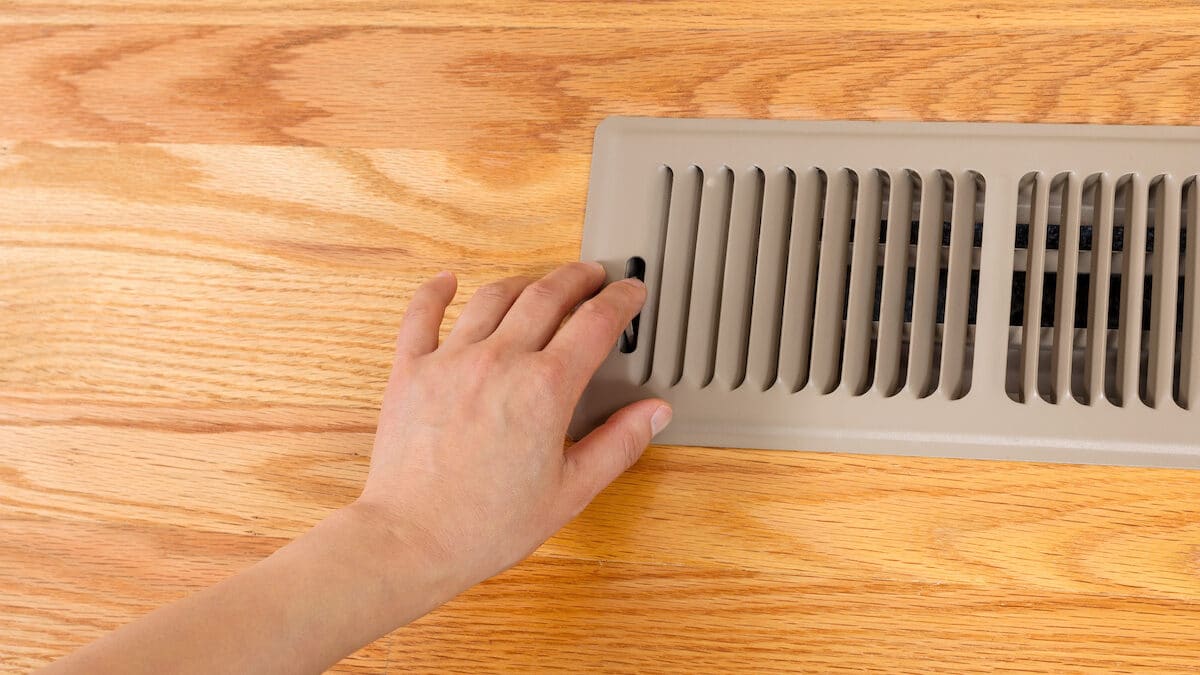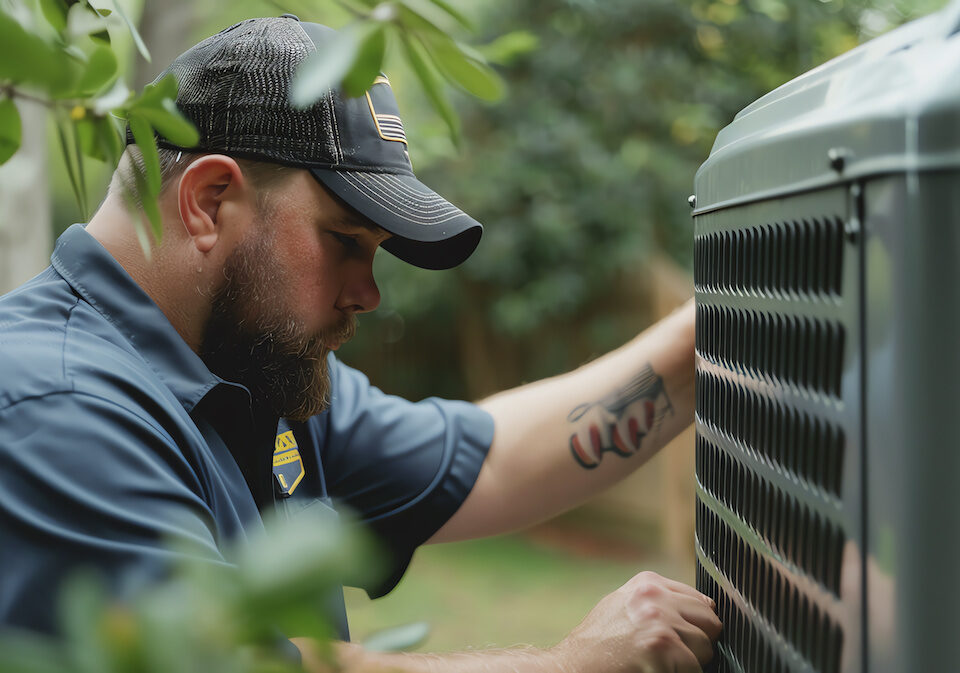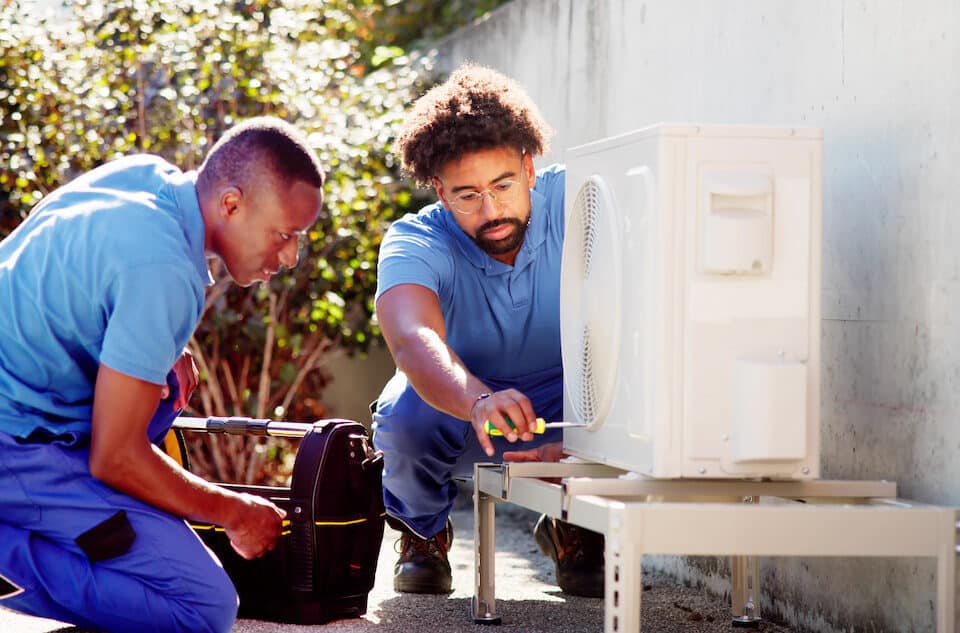Is Forced Air Better Than Central Air?

When it’s time to start thinking about a new system for heating and cooling your home, your first thought might be central air, also known as a forced-air system. While there are a lot of advantages when it comes to central heating and cooling, there are also many alternatives you may not be considering.
Picking the right system for you can seem overwhelming. This is a common question that we come across “Is Forced Air Better Than Central Air?” Here we will explain what both systems are and the pros and cons of each. Keep reading to find out.
What Do They Mean By Forced Air?
Usually, forced air refers to the heating system and central air refers to the cooling system. In many cases, however, they are used interchangeably. Central heating systems can refer to furnaces and boilers because the heat is generated in a central location and then distributed throughout the house.
Basically, a forced-air system refers to any HVAC system that uses air ducts and vents to send temperature-controlled air into the building.
So, What is Central Air Conditioning?
Central air conditioning uses the delivery system (vents, plenums, ducts) of your forced air heating system to provide cool, conditioned air. While there is a difference between central air and forced-air system, the difference is small and most of the time, these terms are used interchangeably.
Pros and Cons of Central Air
Air is filtered and filtration can easily be upgraded. Here are some of the best aspects of central air:
- Great for cooling the entire home
- Air is naturally dehumidified, good for humid days
- Compatible with smart and programmable thermostats
- Requires little maintenance, there’s only one unit
- Potentially lower energy bills
- Comfortable and energy efficient
- Adds value to the home
- Costs more to install than other AC options, such as window units
Some cons to central air:
- Cannot be installed yourself; a professional installation is required
- Risk of improper installation (do your homework before hiring an HVAC company)
- Ductwork is necessary (takes up space and prone to inefficiencies)
- Duct sealing and cleaning is necessary—every 5 years or so If not properly maintained, mold, mildew, and other contaminants can blow around your indoor spaces
- Potentially loud operation
- In some living spaces such as condominiums, central air conditioning may not be an option
- Dust and allergens are distributed by moving air
- Potentially higher energy bills
- Regular tune-ups and filter changes are necessary
Making Sure Your System Works as Efficiently as Possible
In addition to eliminating any ductwork inefficiencies, you also get separate thermostats for each of the units, allowing you to control the temperature of different areas of the home independently of one another.
No matter what kind of air conditioner you choose for your replacement, switching to high-efficiency air conditioners can help keep your home cool and reduce your air conditioning bills by 20% to 50% (EPA).
These systems could be with you for 20 years or more. Make sure you do your homework and consider your options carefully. For help making the right HVAC decision for you and your home, learn about the different cooling systems available to you, what should know before upgrading your air conditioner, and 20 questions to ask prospective HVAC contractors.
Make Sure You Choose The Right HVAC Installer for The Job
If you do replace your central air conditioning unit, make sure you hire the right HVAC contractor for the job. Also, there are many modern, high-efficiency units to choose from. Learn more about what you should know before replacing your air conditioning system. If you don’t have existing ductwork or it is in need of repair or replacement, consider going for the impressive.
Here at Trust, we pride ourselves on providing the most high-quality repair and installation in the HVAC industry. We will come in and give you a free quote and then get to work with licensed professionals who will get the job done right.
Learn more about the air conditioning services from Trust Heating and Air by clicking here. You can also book a consultation by contacting us here.



